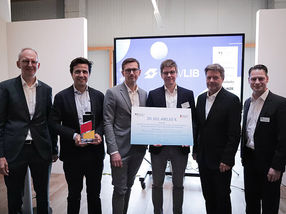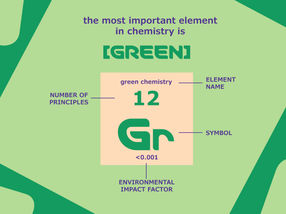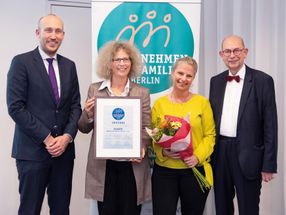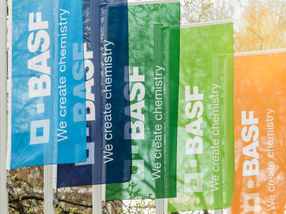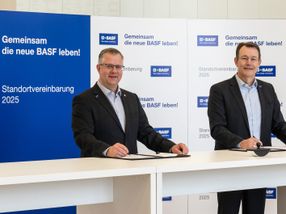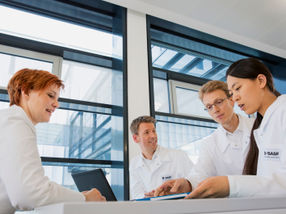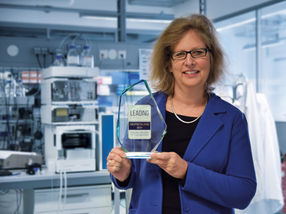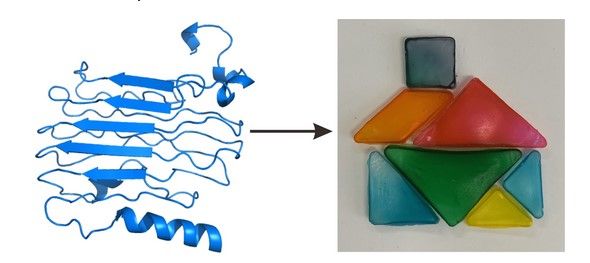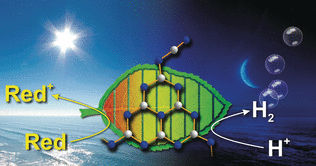NanoProfessor Nanoscience Education Program Underway at Dakota County Technical College
NanoProfessor, a division of NanoInk, Inc. focused on nanotechnology education, announced that its NanoProfessor Nanoscience Education Program is currently underway at Dakota County Technical College (DCTC), in Rosemount, Minn. Once completed, students enrolled in the DCTC program, will possess the knowledge and hands-on experience needed to pursue a career in the high-tech world of nanotechnology. DCTC offers a 2-year AAS Degree in Nanoscience and was the first 2-yeartechnical college to offer a multi-disciplinary nanoscience AAS degree. The NanoProfessor program will provide in-depth experimental opportunities for students in the first semester of the program. Comparable hands-on nanotechnology education programs have traditionally only been available at large, prestigious 4-yearuniversities with graduate programs.
“Nanotechnology is a growing aspect of virtually every industry in Minnesota, the U.S. and the world, and it will require a workforce that has a fundamental knowledge of nanotechnology and the hands-on skills to complete the nanotech-oriented jobs of today and the future. Exclusivity to an education in nanotechnology is not the answer,” said Deb Newberry, director of the Nanoscience Technology Program at DCTC. ”Together with NanoProfessor, Dakota County Technical College is helping meet this demand by creating opportunities for our students that previously they could only dream about.”
The NanoProfessor program is divided into units alternating between classroom lectures and hands-on lab work. Topics covered include Nanotechnology Basics, NanoPhysics, NanoChemistry, NanoBiology, EHS issues, and the evolution of nanotechnology. During the hands-on lab-work, DCTC students are learning the fundamentals for making custom-engineered, nanoscale structures that are used for applications in the areas of consumer packaging, forensics, medicine and biotechnology.
Organizations
Other news from the department career

Get the chemical industry in your inbox
By submitting this form you agree that LUMITOS AG will send you the newsletter(s) selected above by email. Your data will not be passed on to third parties. Your data will be stored and processed in accordance with our data protection regulations. LUMITOS may contact you by email for the purpose of advertising or market and opinion surveys. You can revoke your consent at any time without giving reasons to LUMITOS AG, Ernst-Augustin-Str. 2, 12489 Berlin, Germany or by e-mail at revoke@lumitos.com with effect for the future. In addition, each email contains a link to unsubscribe from the corresponding newsletter.





